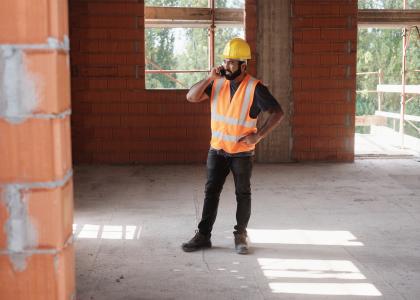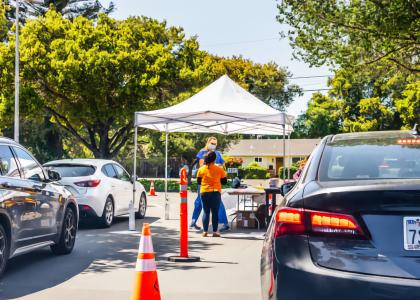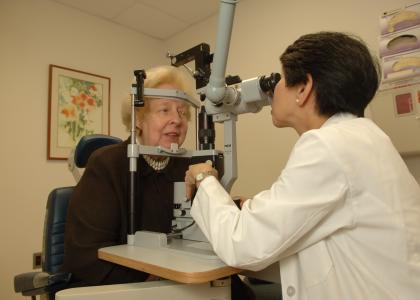Hispanic
Increasing Peer Support for OUD Recovery during COVID-19 through Digital Health: A National Randomized Controlled Trial

This project uses a randomized controlled trial of a novel mobile peer support app platform among a national sample of 1300 patients in recovery from opioid use disorders (OUDs), as an adjunct to usual care, during COVID-19.
Vale+Tu Salud: Corner-Based Randomized Trial to Test a Latino Day Laborer Program Adapted To Prevent COVID-19

Based on the injury risk-reduction program Vales+Tu (You Are Worth More) that has been successfully tested among Latino Day Laborers, the Vale+Tu Salud (Your Health is Worth More) study will adapt its evidence-based strategies to promote group problem solving and a plan to implement together COVID-19 mitigation strategies
mHealth Mindfulness Intervention for Pregnant Black and Latina Women at Risk of Postpartum Depression

Postpartum depression (PPD) is a debilitating and costly condition affecting over 20% of postpartum women and disproportionately impacts Blacks and Latinas. The COVID-19 pandemic is leading to a severe increase in the rate of depression while the US is already struggling with deep-seated inequities in mental health care for Black and Latina populations.
Intensifying Community Referrals for Health: The SINCERE Intervention to Address COVID-19 Health Disparities

The objective of this study is to determine whether community service use for those with social needs improves general and COVID-related health outcomes, and whether random assignment to intensive follow-up and collaborative goal setting helps overcome barriers to community service use.
COVID-19 Pandemic Among Low-Income Latino Families in an Agricultural Community: Financial, Occupational, and Mental and Physical Health Sequelae

This project aims to study the impact of the COVID-19 pandemic primarily on farmworker families that have been exposed to the health sequelae of pesticide exposure over the life course from in utero to adulthood.
Leveraging Maps and Computer Vision to Support Indoor Navigation for Blind Travelers

COVID-19 has made traveling as a blind or visually impaired person much riskier and more difficult than before the pandemic. As a result, people with visual impairments may limit their essential travel such as trips to the doctor’s office, the pharmacy and grocery shopping and walks for exercise or leisure.
Facilitating Sustainment Through Implementation Feedback: The SIC Coaching Model

The overarching goal of the parent grant is to test the impact of an empirically derived implementation strategy—under real-world conditions and across youth public service systems—on successful adoption and sustainment of evidence-based substance use programs.
Urgent Revision to Creating Peace: Community-level Intervention to Reduce Youth Violence

This intervention involves community members and youth leaders assessing child and youth thriving in their neighborhood, using a community-developed Child/Youth Thriving Matrix tool to engage in structured dialogue on neighborhood transformation, racial and gender equity, youth engagement, and organizing for social change.
Reduction of Hazardous Exposures in Small Businesses through a Community Health Worker Intervention

Our parent project aims to reduce negative health outcomes in small businesses that primarily employ high-risk Latinx workers by characterizing their exposures to hazardous chemicals and assessing if a community health worker (CHW) intervention can decrease these exposures.
National Social Life and Aging Project: Wave 4

The National Social Life, Health and Aging Project (NSHAP) is a longitudinal study of U.S. older adults focusing on the effects of social factors on trajectories of physical and mental health.